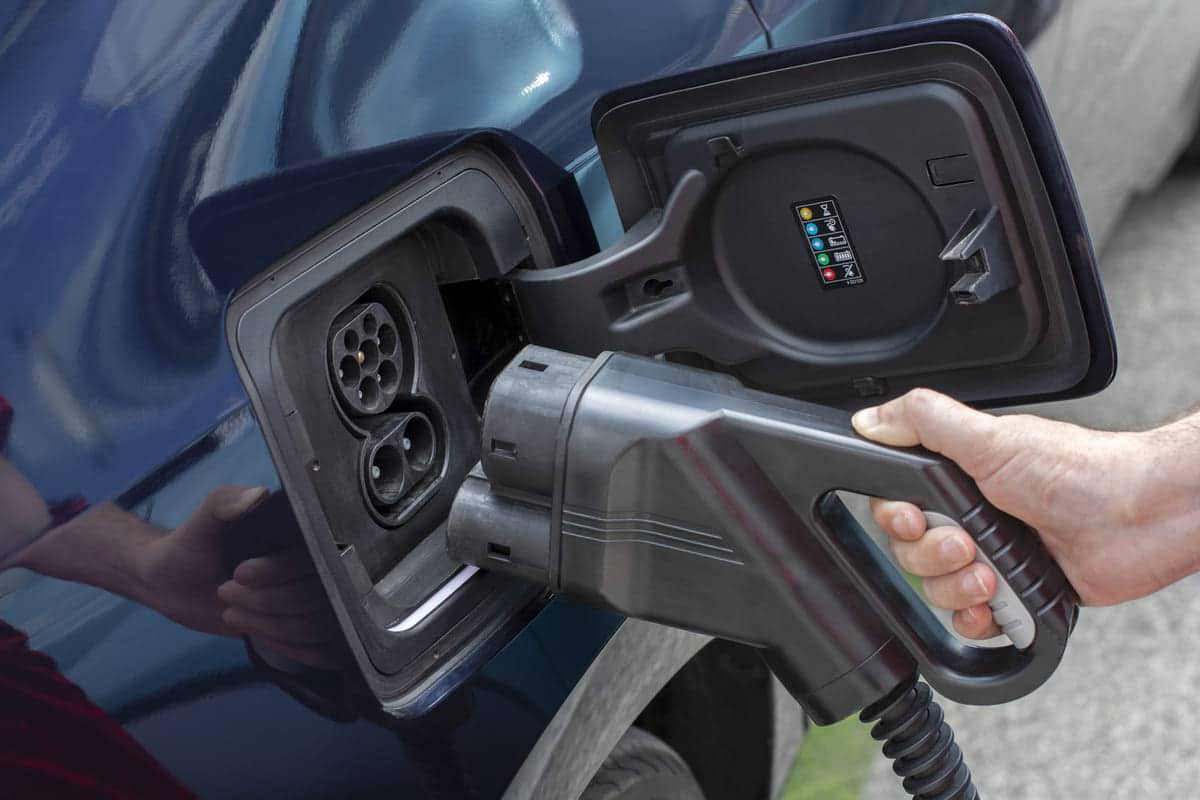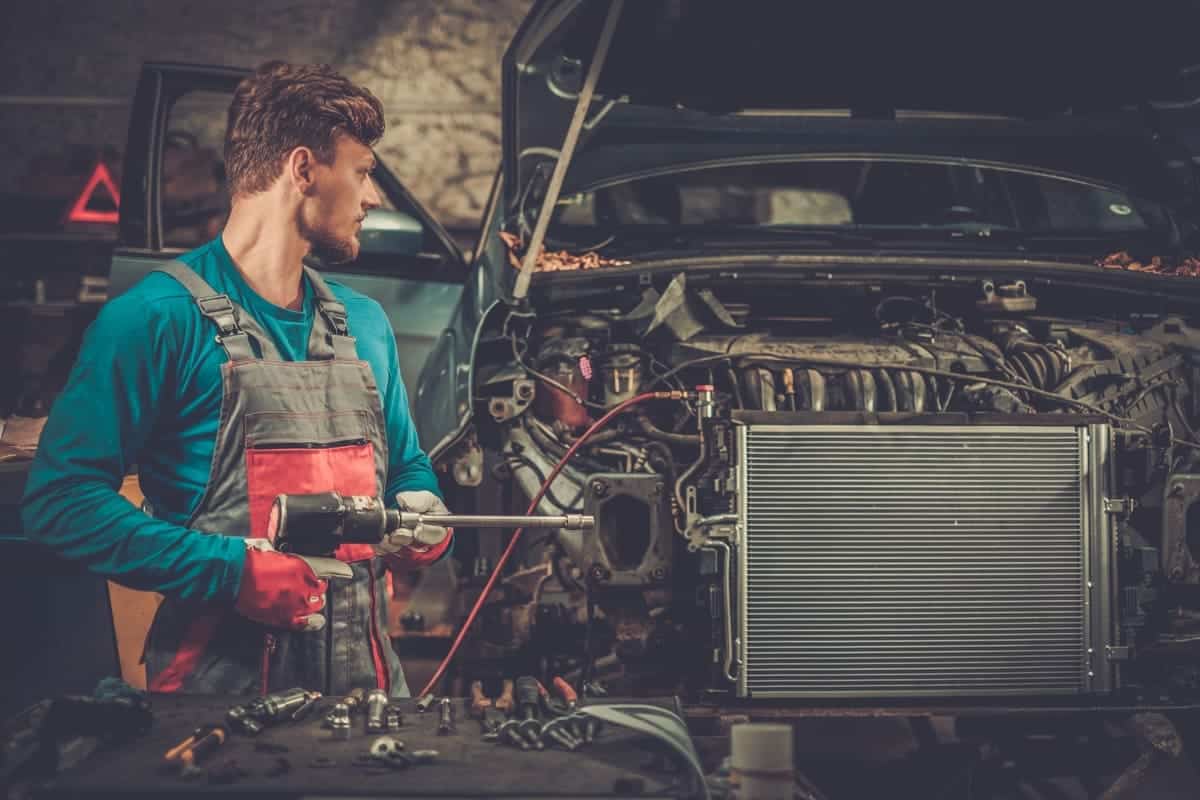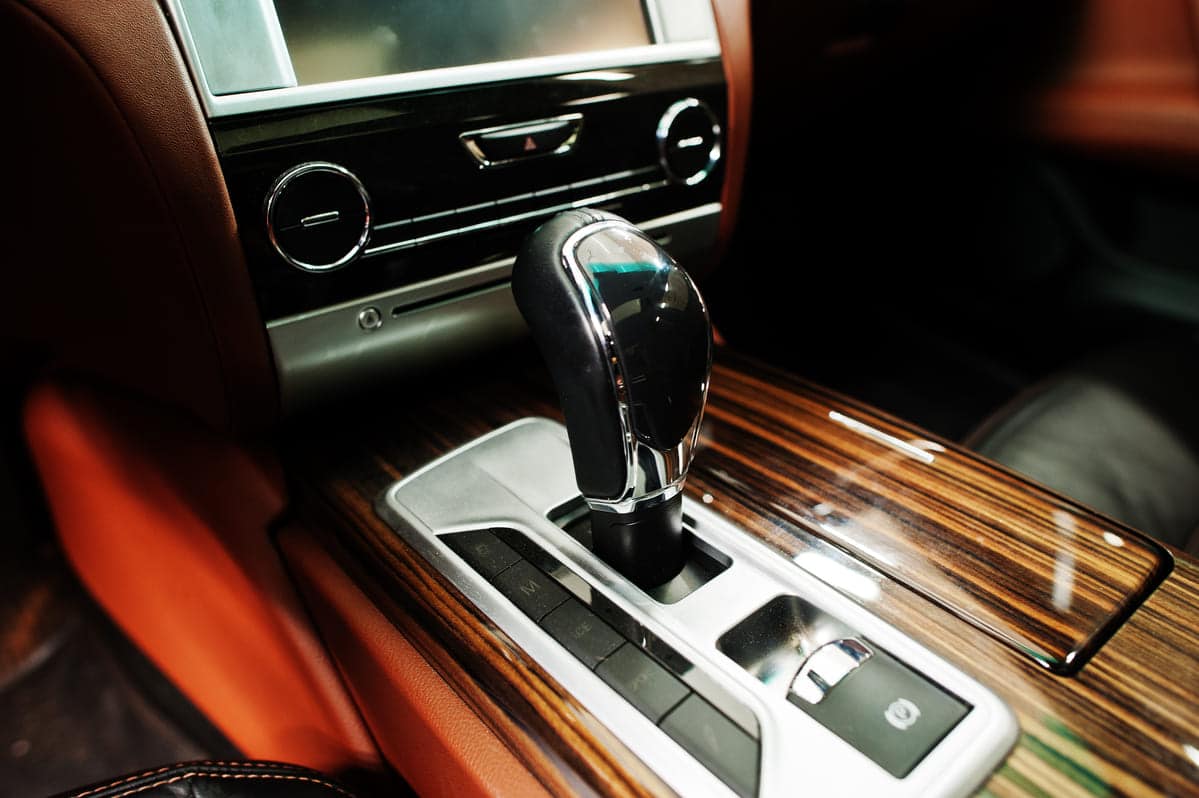
Why Consider a BMW M3 F80 Manual Shifter Upgrade for Better Performance?
The BMW M3 F80 is a car that defines performance and accuracy, admired for its thrilling driving dynamics and robust engineering. Known as a high-performance sports , it offers an experience few others can match. But there’s one upgrade that can take this experience to a new level: a manual shifter.
Upgrading to a manual shifter isn’t just about changing gears yourself it is about feeling every shift, connecting with the road, and harnessing the car’s full potential. A manual shifter offers a different level of control, allowing drivers to engage directly with the car’s power, making each drive more thrilling and dynamic.
Imagine having the freedom to shift gears accurately when you want, achieving smoother acceleration, and feeling the torque response as you command every corner. A manual upgrade transforms the BMW M3 F80 into a more engaging machine, putting you in charge of its renowned power.
Throughout this blog post, we’ll explore how a manual shifter upgrade can enhance the BMW M3 F80’s performance. From improved handling to increased reliability, discover why a manual shifter is the perfect choice for drivers who want to maximize their BMW experience.
Overview on the BMW M3 F80’s Transmission Options
The BMW M3 F80, produced from 2014 to 2018, offers two transmission choices: a 6-speed manual gearbox and a 7-speed M Double Clutch Transmission (DCT).
References
- Bimmerly. M340i vs F80 M3. Retrieved from on 12 November 2024.
Manual Transmission:
The 6-speed provides drivers with direct control over gear selection, enhancing engagement and connection with the vehicle. This setup allows for precise power delivery, catering to enthusiasts who value an interactive driving experience.
Automatic Transmission:
The 7-speed M DCT offers rapid gear shifts and smooth acceleration. It utilizes dual to pre-select gears, resulting in swift transitions without interrupting power flow. This transmission suits drivers seeking convenience and consistent performance.
Performance Considerations:
While the M DCT delivers faster shift times, the manual transmission provides a more engaging experience. Manual gearboxes often require less maintenance and can be more cost-effective to repair due to their simpler design.
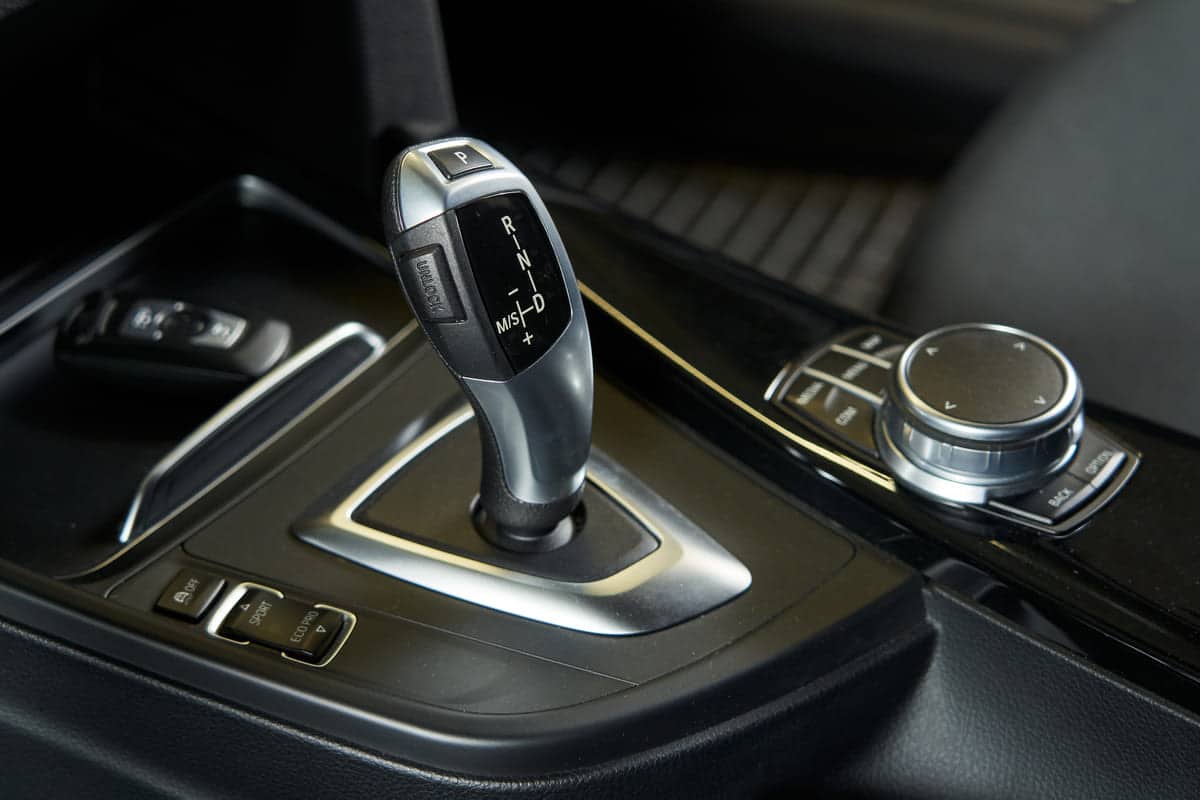
What are the Benefits of a Manual Shifter Upgrade for BMW M3 F80?
Upgrading the manual shifter in the BMW M3 F80 brings several benefits, enhancing performance, driving experience, and durability. Below, we break down these advantages to showcase how manual shifters can improve the M3’s overall value and appeal.
Improved Driver Control and Engagement
Manual shifters provide drivers with more control, allowing for precise shifts tailored to each driving condition. With a manual, drivers control each gear change, creating a stronger connection to the car and the road. This connection enhances the sense of engagement, making every drive feel interactive and personalized.
Enhanced Acceleration and Torque Response
A manual shifter upgrade allows drivers to control the timing of shifts, often leading to faster acceleration, especially from a standstill. Studies show that manual transmissions can improve torque response, as they allow for direct power delivery from the to the wheels. This benefit is significant for performance-oriented drivers looking to maximize the M3’s power and agility.
Longevity and Reliability
Manual transmissions often experience less wear and tear than automatic options. With fewer electronic components, manual shifters are generally simpler and less costly to maintain. Real-world examples from automotive enthusiasts highlight the long-term reliability of manual setups, which can handle extensive mileage with reduced maintenance needs. This durability translates to cost savings and a more dependable driving experience over time.
Driving a manual car makes you more connected to the machine. Every shift is a reminder of the car’s potential.
— Jeremy Clarkson, Automotive Journalist
How a Manual Shifter Upgrade Affects BMW M3 F80 Performance?
Upgrading to a manual shifter in the BMW M3 F80 brings specific performance gains that enhance acceleration, handling, and braking. Let’s explore how a manual upgrade impacts each of these areas and any fuel efficiency considerations that may arise.
Acceleration Improvement
With a manual transmission, drivers can control gear shifts to achieve faster acceleration. Manual gearboxes allow the driver to optimize shift points, which can improve launch and acceleration from a standstill. Studies on manual versus confirm that manual shifting often provides quicker acceleration because of the direct connection to the engine’s power.
Enhanced Handling and Responsiveness
Manual transmissions offer precise control over gear selection, allowing drivers to manage torque delivery, especially in curves or high-speed situations. The ability to downshift smoothly into corners gives drivers greater control and stability, improving the handling of the M3 F80. Enthusiasts often note that manual gear shifting heightens the sense of responsiveness, making the car feel more agile.
Braking Control
Manual transmissions also allow for better control during braking through engine braking, which slows the car without relying solely on brake pads. This technique reduces brake wear and provides a more controlled deceleration, especially useful for spirited driving. Engine braking in a manual setup contributes to a smoother driving experience and helps maintain brake performance over time.
Fuel Efficiency Considerations
While manual transmissions can enhance performance, fuel efficiency may vary based on driving style. In certain cases, manual shifting can improve fuel economy by allowing for optimized gear changes, but aggressive driving with frequent high-rev shifts can reduce efficiency. Studies on manual transmissions indicate that they can match or sometimes exceed the fuel economy of automatic transmissions under controlled driving conditions.
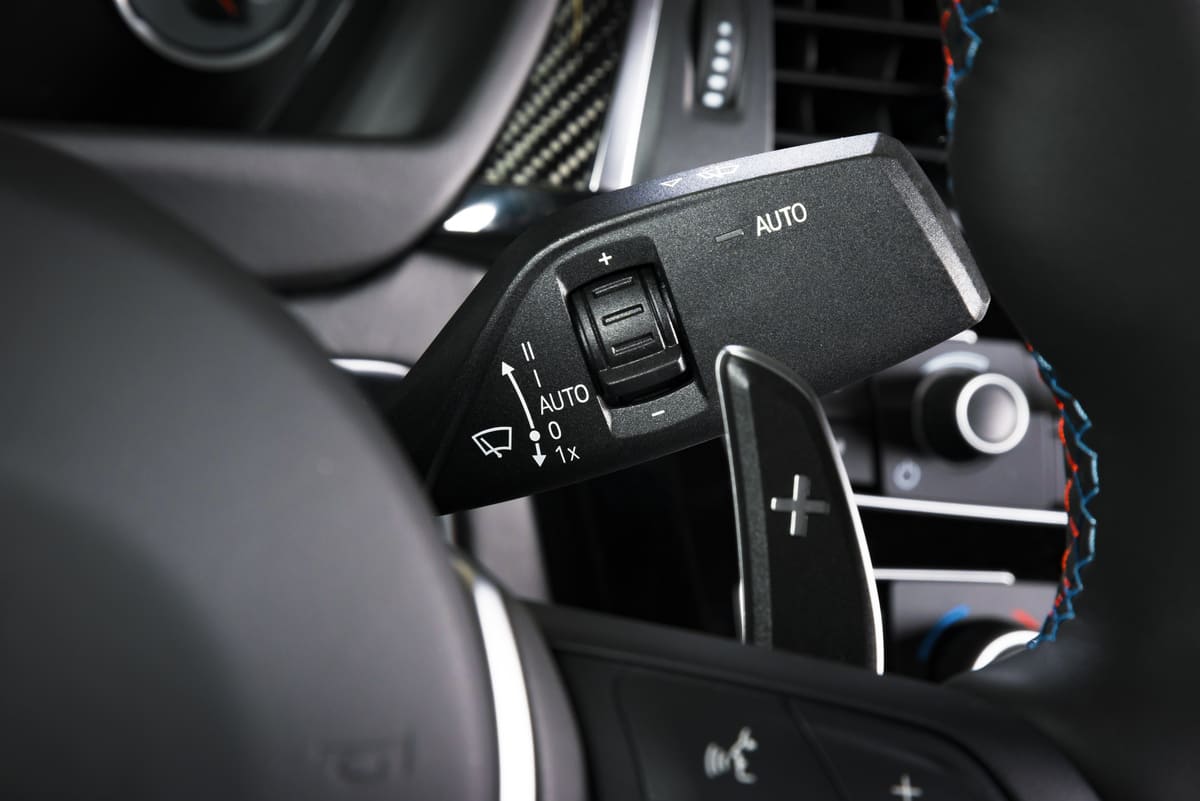
What are the Types of Manual Shifter Upgrades for BMW M3 F80?
Upgrading the manual shifter in a BMW M3 F80 can significantly impact both driving experience and vehicle performance. Various types of upgrades can offer distinct benefits. Below are some key options to consider for enhancing your M3’s manual shifting capabilities.
Short Throw Shifters
A short throw shifter reduces the distance required to change gears, resulting in quicker, more precise shifts. This upgrade minimizes the effort needed for each shift, allowing drivers to shift faster, especially during spirited driving or track sessions. Short throw shifters are popular among performance enthusiasts for their ability to deliver a responsive feel, enhancing the overall driving engagement.
Upgraded Shift Knobs
Upgraded shift knobs not only improve the look of your car’s interior but also provide ergonomic benefits. Custom knobs can be tailored to fit the driver’s hand better, making gear changes smoother and more comfortable. Many drivers opt for weighted shift knobs, which add stability to each shift, creating a more controlled and enjoyable shifting experience. Aesthetic options, including different materials and finishes, add a personal touch to the car’s cabin.
Performance Clutch Kits
A performance clutch kit is essential for drivers who want to maximize the effectiveness of a manual shifter upgrade. High-quality clutches are designed to handle more power and reduce slippage, improving the connection between the engine and wheels. Performance clutches also typically last longer under high-stress driving conditions, making them ideal for those who push their BMW M3 to its limits. With a performance clutch, gear changes feel sharper, giving drivers greater control and durability.
Installation Considerations: What to Know Before Upgrading
Upgrading the manual shifter in a BMW M3 F80 can be a rewarding project, but it requires careful planning and consideration. Whether you’re planning a DIY approach or seeking professional help, here are key factors to keep in mind before starting the installation.
Essential Tools and Expertise Needed
Upgrading a manual shifter isn’t as simple as switching out a part; it requires specific tools and a solid understanding of the car’s mechanics. Here’s what’s typically involved:
- Tools Required: Wrenches, screwdrivers, a torque wrench, and possibly a jack and jack stands to access parts underneath the car. Specialty tools may also be needed based on the shifter type.
- Mechanical Knowledge: Experience with automotive repairs is beneficial. Understanding how the transmission and shifter assembly work can ensure a smooth installation.
Having the right tools and basic mechanical know-how can make the process easier, but those new to automotive work might find this challenging.
DIY Installation vs. Professional Service: Which One is Better?
DIY Installation
Opting for a DIY installation offers cost savings and a hands-on experience. Enthusiasts who enjoy working on their vehicles can find satisfaction in performing the upgrade themselves. However, there are a few potential downsides:
- Pros: Lower cost, personal satisfaction, and deeper understanding of the vehicle’s mechanics.
- Cons: Risk of errors, potential for voided warranties, and longer installation time if unfamiliar with the process.
DIY installations work best for those confident in their skills and with access to the necessary tools.
Professional Installation
For those less familiar with mechanical work, seeking professional help is recommended. A skilled technician ensures a correct and efficient installation, protecting your investment in the upgrade.
- Pros: Expert handling, lower risk of errors, warranty protection.
- Cons: Higher cost, limited personal involvement.
Choosing a professional service can give peace of mind, especially if you want optimal performance and durability from your upgraded shifter.
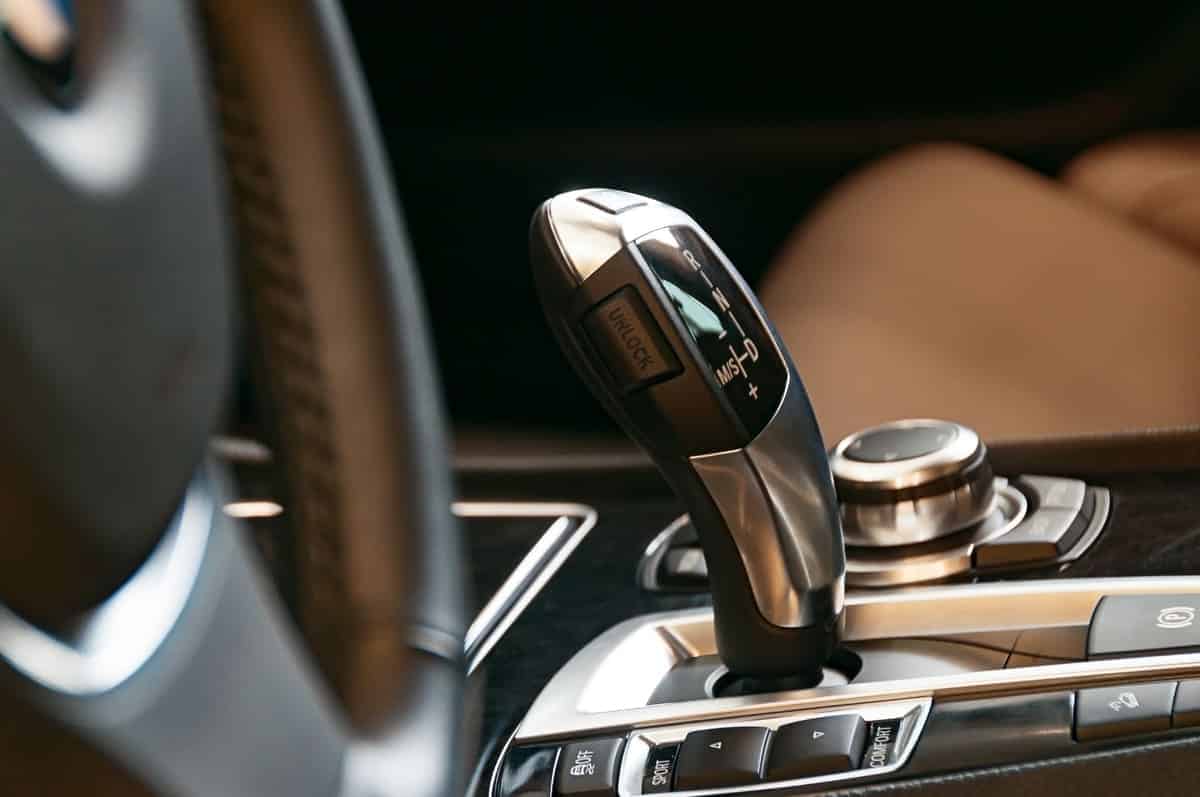
Is a Manual Shifter Upgrade Worth the Investment?
When considering a manual shifter upgrade for your BMW M3 F80, understanding the cost and its value is essential. Here’s a breakdown of typical costs, followed by an assessment of return on investment (ROI) to help you decide if this upgrade is worth it.
Typical Costs: Parts and Labor
Manual shifter upgrade costs vary based on the parts and whether you choose DIY installation or professional service. Here’s what to expect:
- Parts Cost: A high-quality short-throw shifter kit usually ranges from $200 to $500. Upgraded shift knobs or performance clutch kits may add $100 to $400, depending on the brand.
- Labor Costs: If you opt for professional installation, expect labor charges around $100 to $300, depending on the mechanic’s experience and region.
Altogether, a manual shifter upgrade may cost between $300 and $800, depending on the specific components and labor involved.
Return on Investment:
Investing in a manual shifter upgrade offers performance improvements and can positively impact the car’s value.
Performance Gains
A manual shifter upgrade enhances driving control and engagement, leading to a more enjoyable experience. It can also support faster acceleration and more responsive torque management, which performance enthusiasts value highly. This improvement alone can justify the cost for drivers seeking peak performance.
Resale Value
Performance upgrades, like a manual shifter, often appeal to specific buyers in the used car market. For an enthusiast, the presence of a high-quality manual shifter can increase the car’s appeal and potentially its resale value. While not all buyers will prioritize this feature, enthusiasts willing to pay for added performance could see it as a valuable investment.
Investing in a manual shifter upgrade delivers immediate driving benefits and may add appeal when reselling your BMW M3 F80. This cost-effective enhancement can increase both the joy of driving and potential market value, making it a worthy consideration for many owners.
A manual transmission not only gives you control, it gives you an experience that automated systems can’t replicate.
— Chris Harris, Automotive Expert and Racing Driver
Conclusion
Upgrading to a manual shifter in the BMW M3 F80 brings multiple benefits. It enhances control, engages the driver fully, and can even support quicker acceleration and torque responsiveness. The durability of a manual system also means less wear in certain areas, making it a smart choice for long-term performance.
However, it’s essential to weigh these benefits against practical considerations. While the investment may boost driving satisfaction and appeal to enthusiasts, it’s also an added expense that may not suit every driver’s needs or preferences.
Ultimately, a manual shifter upgrade fits drivers who value a more connected, hands-on experience and are ready to invest in that enhanced control. Consider your driving style, performance goals, and budget to make the best choice for your BMW M3 F80.


